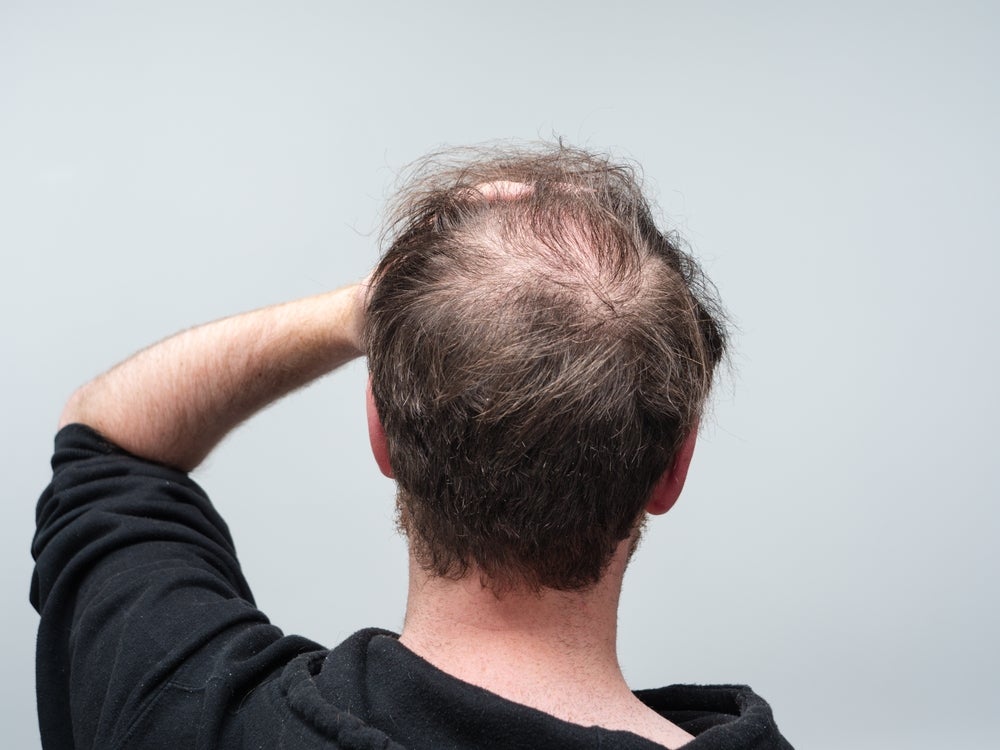
Hope Medicine has kickstarted recruitment for a Phase II trial assessing its monoclonal antibody HMI-115 for androgenetic alopecia, after the candidate produced positive results in a Phase Ib trial.
The Phase Ib trial enrolled 16 patients in Australia with the patterned hair loss condition. China-based HopeMed reported positive efficacy and safety results for HMI-115.

Discover B2B Marketing That Performs
Combine business intelligence and editorial excellence to reach engaged professionals across 36 leading media platforms.
HopeMed’s CEO Nathan Chen said the success in the proof-of-concept trial has meant the company has started recruitment for a Phase II trial (NCT06118866). The company plans to enrol 180 participants in the upcoming trial, which will compare HMI-115 to placebo over a 24-week treatment period.
“We aim to achieve full proof-of-concept by the end of 2024,” Chen added.
In the Phase Ib trial, the 12 male patients exhibited a 14 hairs/cm2 mean increase in non-vellus target area hair count (TAHC) – a method of hair density evaluation. HopeMed said the increase was statistically significant, though the company did not reveal the data from the four female participants.
HopeMed’s founder Professor Rui-Ping Xiao said: “This study is the first ever to show that prolactin receptor blockade can promote hair growth in patients with androgenic alopecia and may provide a novel therapeutic approach.”

US Tariffs are shifting - will you react or anticipate?
Don’t let policy changes catch you off guard. Stay proactive with real-time data and expert analysis.
By GlobalDataResearch has shown that prolactin, a polypeptide hormone secreted by the pituitary gland, has an important regulatory role in hair follicle repression.
Androgenetic alopecia is the most common type of hair loss and affects up to 70% of men and 40% of women.
Topical minoxidil and oral finasteride are the only two US Food and Drug Administration (FDA)-approved drugs for the condition.
In 2019, HopeMed entered into a worldwide exclusive license agreement with big pharma Bayer for HMI-115. As per the deal, in which financials were not disclosed, HopeMed took on development and commercialisation duties of HMI-115.
Alongside pattern hair loss, HopeMed is also exploring therapeutic application in endometriosis and other chronic diseases with dysregulated prolactin signalling.
In October 2023, HopeMed partnered with contract development and manufacturing organisation (CDMO) Chime Biologics to help advance HMI-115.
Treatments for alopecia areata, a related disease brought about instead by an autoimmune reaction, have key players in Pfizer and Eli Lilly, both of which have FDA-approved drugs.





